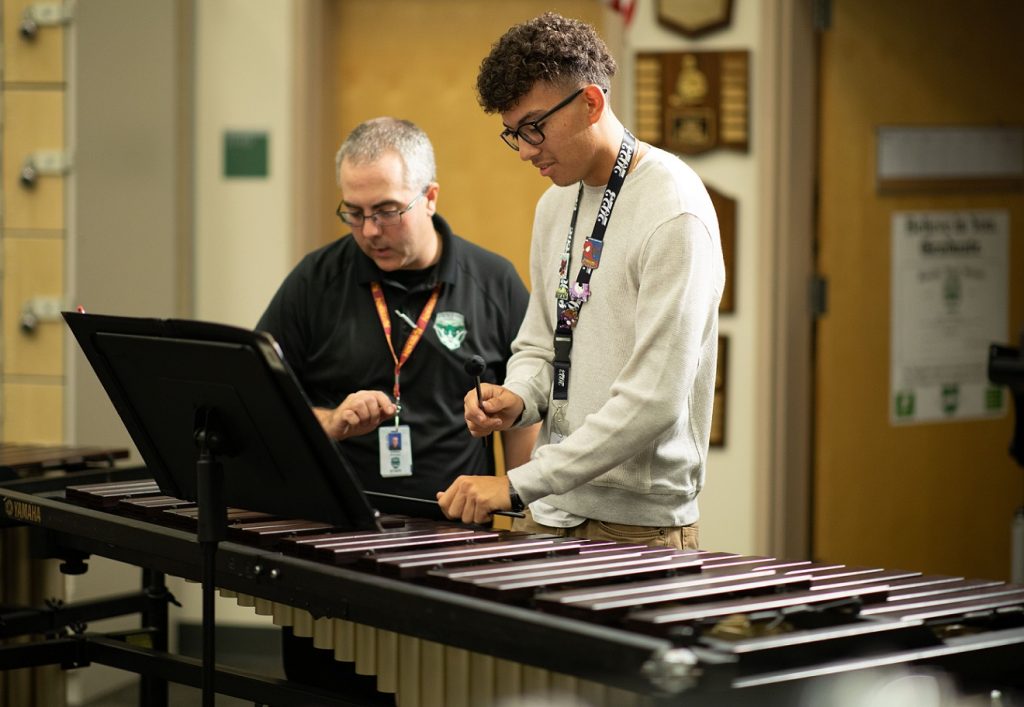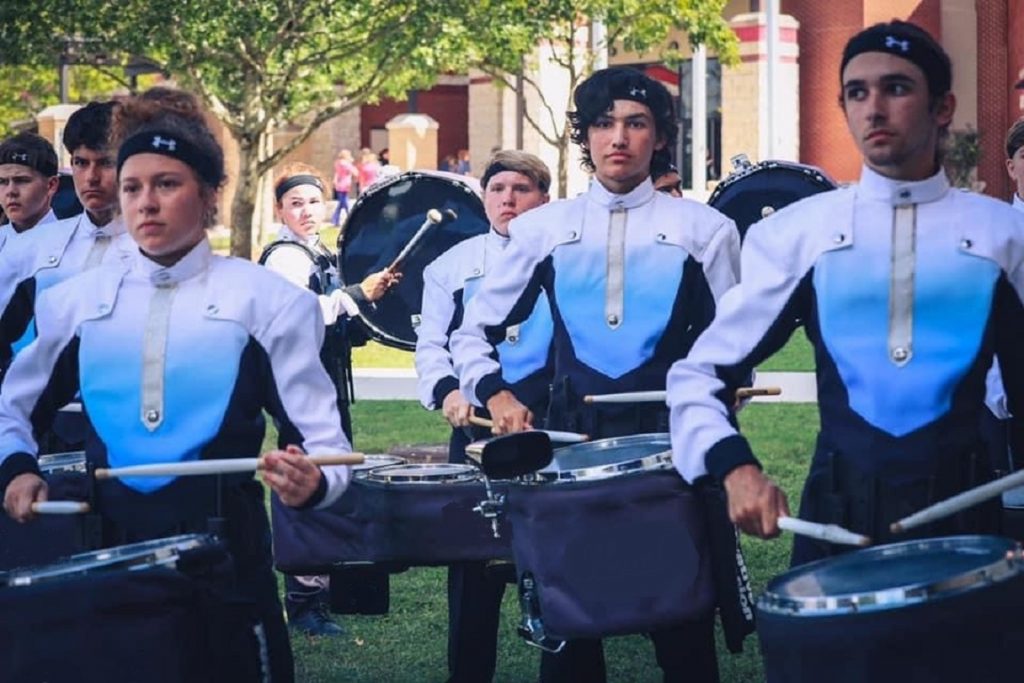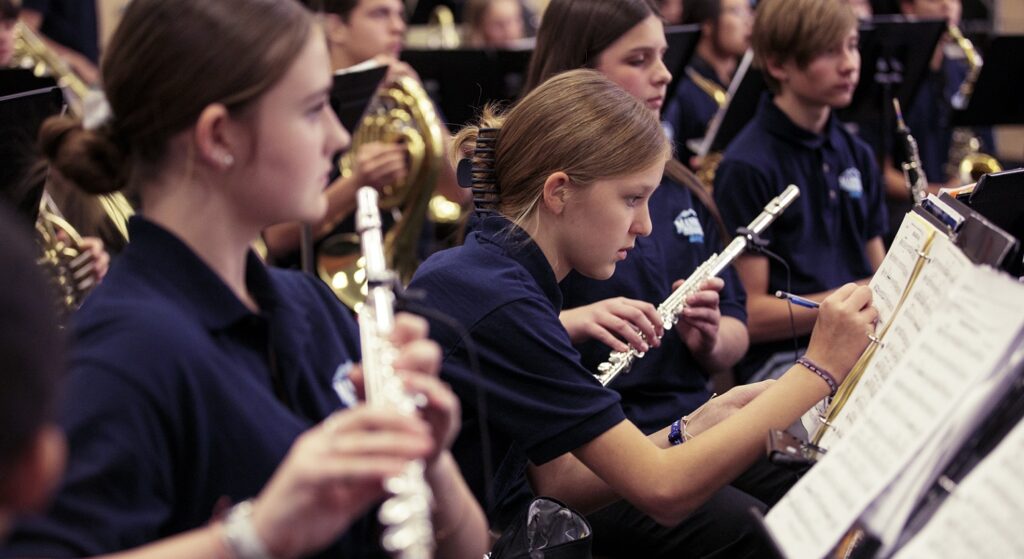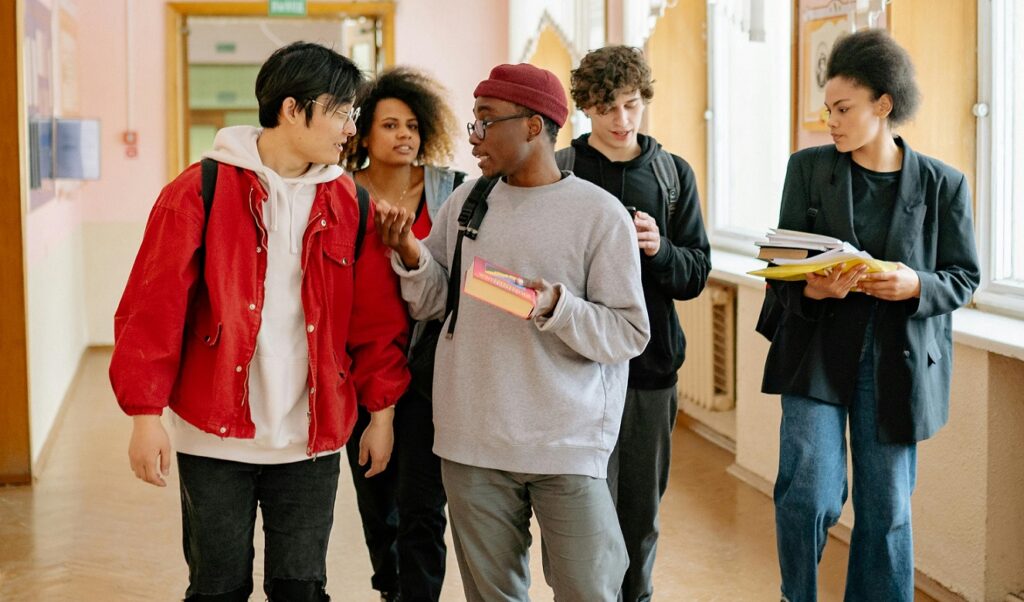Tagged Under:
Teaching is Planting Seeds
Patience is required to see the benefits of your teaching efforts.
As music educators, we realize that we will not see the results of our efforts until years after students leave our care. It’s like someone sitting in the shade of a tree that was planted decades ago. We need patience to instill behaviors that will take time to germinate. This article is about delayed gratification for teachers.
Waiting for the Harvest
Fields of green turn to blue, yellow, orange, red and pink during the spring in Texas. Families and friends make pilgrimages to parks and nature preserves across the state to take family photos and make memories — a part of one of the state’s favorite traditions. Thanks to the vision of Lady Bird Johnson — the namesake of our school — our world is more beautiful today than when she planted her wildflower seeds so many years ago.
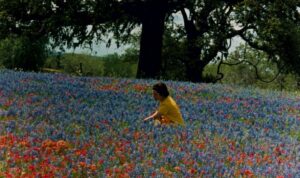
Spring is also contest season for band programs across the state. UIL Concert and Sight-Reading evaluation is one of the culminating experiences of the year for students and directors. The event can be one of the most magical musical journeys, but it can also be a lonely and very stressful time for directors and a grind for young performers. The quest for that perfect performance and the oh-so-coveted Sweepstakes Rating, complete with photos to share on social media, can weigh heavy on everyone involved — something so beautiful, yet so daunting at the same time.
Lady Bird found her joy and inner peace in the fields of wildflowers and gifted us with her words of wisdom: “Where flowers bloom, so does hope.” She knew wildflowers had the power to inspire smiles, comfort and hope.
Sometimes, when we are in the weeds of UIL season, students can seem disinterested, lethargic, apathetic and even grumpy. Rehearsals, sectionals and pass-offs can overwhelm everyone involved in the process. As directors, we seek that same peace Lady Bird found in her wildflowers, but it can be so elusive. Even experienced directors can find themselves bogged down by the process. Worse, it can feel downright defeating when we perceive that our students don’t appreciate our work, care for and investment in them. I remind my students many times between Christmas and spring break, “We are on the same team” or “I am on your side,” as I challenge and push them toward another level of excellence. It’s not easy, especially with their scowls forever burned into my mind. Still, your work matters even on your worst days. Your students may not appreciate it now, but you profoundly impact their lives. Teaching is planting seeds, seeds that do not reap a harvest overnight.
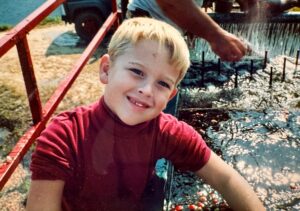
Lessons from the Farm
My family grew cranberries for Ocean Spray for many years. I felt a sense of peace and joy as a child working on the farm — my favorite time of year was harvest. I enjoyed seeing the fruit come out of the bogs before we shipped them off to Ocean Spray. As I grew older, I learned to appreciate the different phases of the growing season a lot more.
In the winter, we flooded the bogs and the plants went dormant. As we drained the bogs in early spring, the plants came back to life from their winter slumber and required plentiful sunshine and fertilizer. From there, we waited for the summer’s bloom. At each phase of the plants’ development, protecting them from dangers like insects, frost, intense heat, flooding and drought was essential. The plants required us to bring in bee hives for pollination in June. Eventually, in late summer, the fruit set and eventually ripened, and then we harvested.
Many of the lessons I learned on the farm relate to my career as a music educator. Much of our time is spent cultivating and nurturing students. The proper growing environment is vital, and we must realize that growth takes time. In some ways, our work teaching students may be more like nurturing a tree that grows to provide shade. If you’ve ever planted a young tree, you know that it can take decades to see the results. When we look at a mighty oak or a tall pine, we know it started as a sapling.
Proper Growing Environment
Too much darkness and plants won’t grow; too much sunshine can kill plants. Too much or too little water, too much or too little fertilizer, too much or too little attention — finding the right balance is everything. When a flower doesn’t bloom, you fix the environment in which it grows, not the flower. The same is true with students — the environment in which they make music is everything.
If your students aren’t growing as musicians and people, consider why. In farming, we discuss how plants can be stressed under extreme conditions. Without care and maintenance, weeds will grow, and the garden will fall into disrepair. I believe students respond the same way. A careful balance between high standards and an environment where students can thrive and still be kids is needed.
As the band director, your tone and approach will determine the growing environment. Not everything is under your control, but because you craft the response to the situations you and your students encounter, you significantly impact their music education.
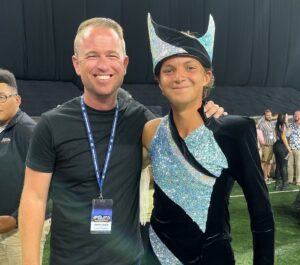
What Do You Want?
When all is said and done, and your students graduate from their program, what do you want for them as people? What values do you hope to instill in your students? Students join your class to enjoy music-making with their peers. But along the way, certain values come from pursuing music at a high level.
Ideally, our students learn:
- to add more beauty to the world through their art.
- that the best performances inspire joy and tears and sometimes joyful tears.
- delayed gratification working through those hot summer days of band camp.
- to embrace lessons from the pain of failure and defeat when things do not go their way at a competition or an audition.
- conflict resolution, teamwork and how to nurture relationships.
- relationships take work; lasting relationships take lasting work.
- to view the world as something larger than themselves, learning that they play a role in the team but that the team does not revolve around them.
- to take risks and not only to dream but also how to pursue those dreams to make them a reality.
- kindness goes a long way in easing the tensions of this sometimes bitter earth.
Our students learn countless lessons by participating in band, but they do not learn these lessons in one class, one day or one season. The best lessons take time to germinate. Sometimes, students are grumpy. Sometimes, they will not understand why you hold them accountable or why you make the decisions you do. Students will often butt heads with their directors and challenge their peers. Sometimes, teenagers make poor choices. Practice patience, keep the faith and keep going.

Teach Self-Reliance, Discipline, Accountability and Gratitude
Everyone is familiar with this saying: If you give a person a fish, they’ll eat for a day. If you teach a person to fish, they’ll eat for a lifetime. Teach students to fish. If you do everything for them, including protecting them from failure, they will never learn self-reliance. Sometimes, they fall off the bike. Be there to help them get back on.
You must teach students the skills necessary to be successful on their instruments when you are not around. Children also need to learn skills essential to manage time and studies when you are not around. Band provides students with an opportunity to learn the pain of discipline or the pain of regret early in life. Learning to work toward a goal when the original motivation has left is a powerful skill. Students who learn to be accountable to themselves and their peers for their actions are equipped with a skill that will enable success for a lifetime.
Other life lessons include teaching students how to keep a calendar and schedule their days, how to say “please” and “thank you,” how to write thank you notes, and how to show their peers that they value them through their interactions.
Help students learn perspective. Teach them to love their neighbor and country, even when they don’t love everything about both. We are so fortunate to be in a place where we can practice our craft and share the love of music-making with one another.
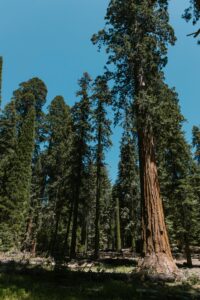
Tough Questions to Ask Yourself
Hope is not a strategy when growing plants or people, but there is a degree to which students will respond to your expectations of them and the high standards you set. Principal John Mehlbrech used to tell the Johnson High School faculty, “Dare to stand above the rest.” At faculty meetings, he often showed a picture of a tree growing higher than the trees around it from a forest near the school. It reminded me of the Hyperion tree, or coast redwoods, the tallest trees in the world that grow in California. This photo led many of us to ask ourselves some tough questions.
Does our environment encourage students to be the best version of themselves? Do we nurture students’ musical talent and encourage them to dream big and take risks? Do students feel ownership in our program? Do they feel empowered, and do they know that we believe in them?
Often, children will exceed expectations if they have a coach who maintains high standards and provides the right environment to grow. Farmers must provide fertilizer and water, pull weeds and bring in bees to pollinate. Missing any of those steps could lead to crop failure. Our students require substantial investment in their well-being to flourish, too. With students, harvest may not happen on a traditional cycle. Some kids may take years to mature before they reflect on their experience with you and find value in your instruction or message.

Teach Them Well
One of my dad’s favorite songs is Crosby, Stills, Nash & Young’s “Teach Your Children,” and I guess it’s one of mine, too. The song’s basic message is that by teaching your children well, they will grow and thrive; and to teach them better than you were taught. My parents were my best and earliest teachers. I know they did everything they could to prepare me to serve the world better than they have.
I hope that I, too, have passed these important lessons along. As I watch several of my former students from Johnson High School now serving as band directors and one about to embark on the journey to become a music educator, I cannot help but reflect on their growth from 7th grade until now. While we did not see eye to eye on every step of our time together, we remain important figures in one another’s lives. When I see their smiles as teachers and performers, I know that they are thriving. Though my role in their lives has changed, I will still be here to help them navigate challenges and periods of extreme stress and celebrate their successes. With the proper care, our collection of musical wildflowers will continue inspiring hope for generations.










